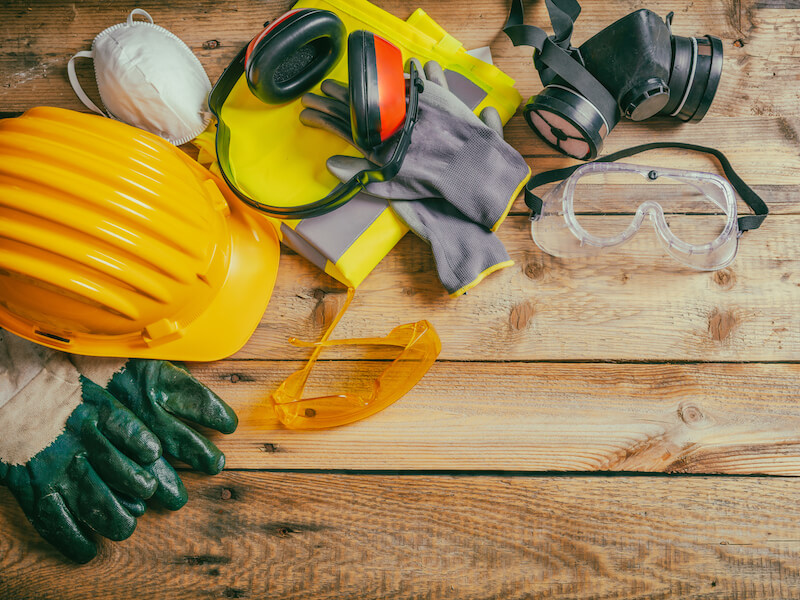
Every year, around 2 million workplace injuries are documented. Normally, we think about a hand caught in a piece of machinery or a flying projectile when we consider work-related injuries.
But there is a much more pernicious on-the-job injury that is even more common and often undetected. It sneaks up on people extremely slowly over the course of several years. The majority of people don’t even notice it’s happening until it becomes significant. People typically make excuses. “It’s just part of aging” or “It’s a short-term problem”. This response is normal.
And it’s unusual for people to even realize that their workplace is to blame for this injury.
The insidious injury is hearing damage. There are several warning signs you should recognize, and there are important steps you need to take if you suspect the damage is already done.
Exactly When Does The Volume Become “Too Loud”?
Sustained exposure to sounds above 85 decibels (dB) can trigger long-term damage to your hearing. Seventy-five dB, for example, is the average volume of a vacuum cleaner. A lawnmower generates 85 dB. A leaf blower or chainsaw produces more than 100 dB. A gunshot is around 140 dB.
Are you at risk when in your work environment? Is the most common workplace injury a problem for you? If you’re regularly exposed to something as loud as a lawnmower, even if it’s not continuous, your hearing is likely to become damaged over time.
Hearing Injury Signs
You’re definitely damaging your hearing if you work in a loud environment without hearing protection.
The following is are early warning signs that you’re dealing with hearing loss:
- Conversations sound muffled.
- You suspect people speaking to you are constantly mumbling.
- Your family and friends tell you your TV, radio, or computer tablet volume is too high.
- When people speak, you tend disengage.
- You confuse consonants – “Todd” sounds like “Dodd,” for example.
- You frequently ask people to repeat themselves when they talk.
- Loud noises cause pain in your ears.
- You can’t understand the person speaking if there’s background sound.
- You’re hearing sounds in your ears like ringing, whistling, or hissing.
How is Hearing Damage Being Addressed by Employers?
Businesses and organizations are utilizing the most recent technology to reduce workplace noise in overly loud environments. Government agencies are endeavoring to modify recommendations that will reduce workplace noise and protect employees.
As more employees become aware of the recurring damage they have suffered due to workplace noise, they are speaking out. In time, their voices will lead to further change.
Preventing Additional Damage
Safeguarding your ears before they are damaged is the smartest plan if you work in a loud setting. Potential damage will be reduced by wearing protective earplugs or earmuffs.
If you believe your hearing has been damaged by a noisy workplace, make an appointment for a hearing exam as soon as possible. You will discover how to counter additional damage when you determine how much hearing damage you have. We can help you formulate strategies to protect against further hearing loss and deal with the damage you’ve already experienced.
The content of this blog is the intellectual property of MedPB.com and is reprinted here with permission.
The site information is for educational and informational purposes only and does not constitute medical advice. To receive a personalized free hearing test and hearing loss consultation, call today to set up an appointment.









